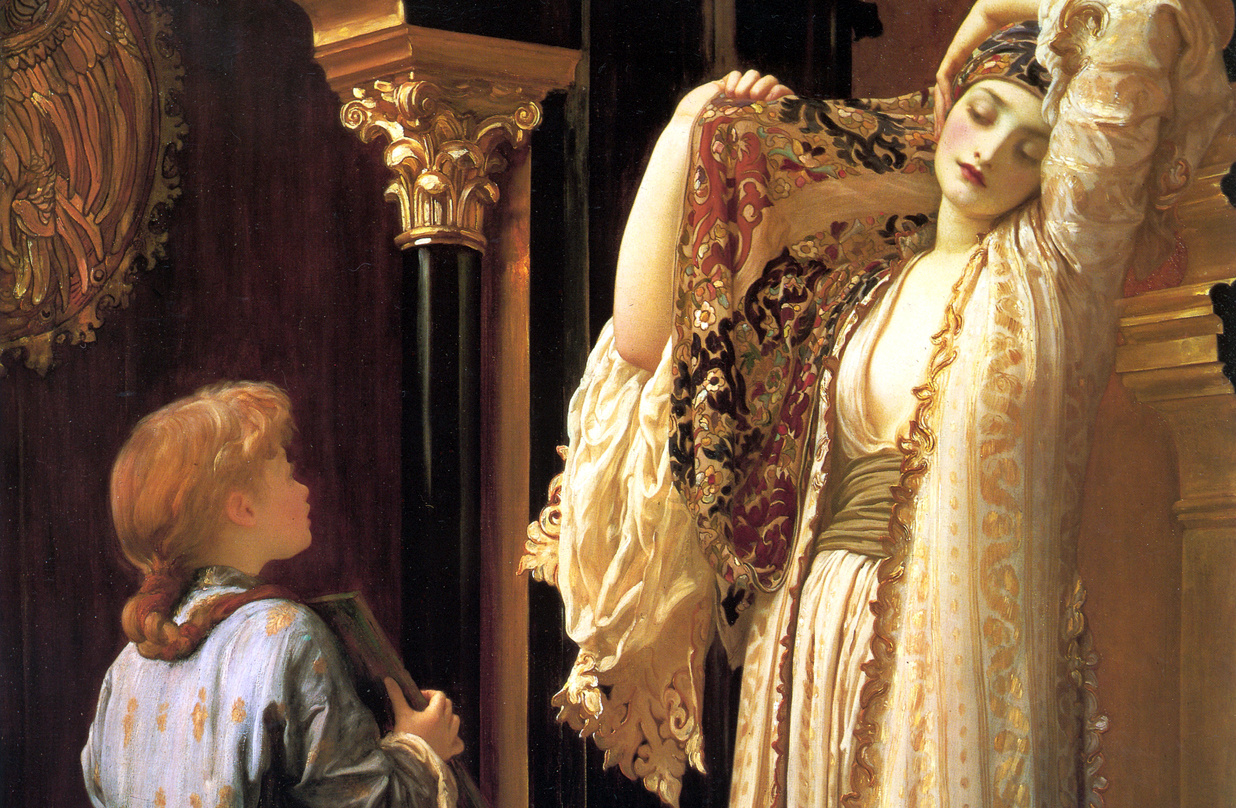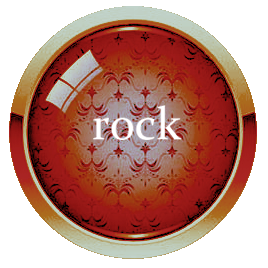
On the Amalgamation of Polar Extremes
by Lee Duane FitzSimmons
Far too often, questions are presented that ask for an "either/or" response. Far too often, many people responding to these questions fail to realize that there are usually more answers than the two polar opposites. Requesting an "either/or" answer is often indicative of a lack of thought upon the question because the query is proposed in a very simplistic fashion that is devoid of any type of conceptual depth. This type of situation occurs because most individuals are afraid to use their analytical faculties.
With an "either/or" response, logic is stripped down to its most childish form that can be understood without much effort. This form of intellectual reasoning is pleasant to a substantial percentage of the population that does not desire to exercise its mental facilities and would rather let these abilities remain undeveloped. In order to break through the tyrannical bonds of fear and laziness that ensnare most intellects, it is necessary to use one's reason in a manner that requires contemplation and analytical logic. By using these tools of the mind, different types of solutions are often contemplated and subsequently molded into acceptable applications that are highly practical and effective. These newly formulated conceptualizations tend to be superior to the polar extremes associated with "either/or" propositions.

Quite often, only a small amount of intellectual contemplation is required. This contemplation usually involves finding the most reasonable center point between the two polar extremes. The solutions found using this simple method will usually provide the best alternative or will make finding the best solution much simpler. When deeper contemplation and more complex forms of logic are required, they usually involve breaking down the various components of the polar extremes and then deciding what elements should be discarded and which elements should be kept. Of course, this process can become far more detailed if a particular situation requires a higher level of intellectual finesse.
Therefore, it would seem reasonable to comprehend these processes of analytical thought more effectively so that if higher reasoning is required, then it would not be so difficult to accomplish. Oftentimes, using one's intellectual prowess (even a little) will simplify the entire process to a far greater extent. Thus, it is not necessary to think harder; it is necessary to think correctly. It is also important to note that, just because one's thought process involves advanced conceptualizations or higher levels of contemplation does not mean that a correct solution will be found.
The solutions are what truly matter the most, and the process that is used to find them is often irrelevant.
* * *
INDEX
 |
 |
 |
 |
 |
 |
HOME * BOOKS * SANCTUARY * BIOGRAPHY
JAZZ * SYLVAN * ELECTRONIC * SYMPHONIC * ROCK * REGGAE
Copyright 2013 by Lee Fitzsimmons